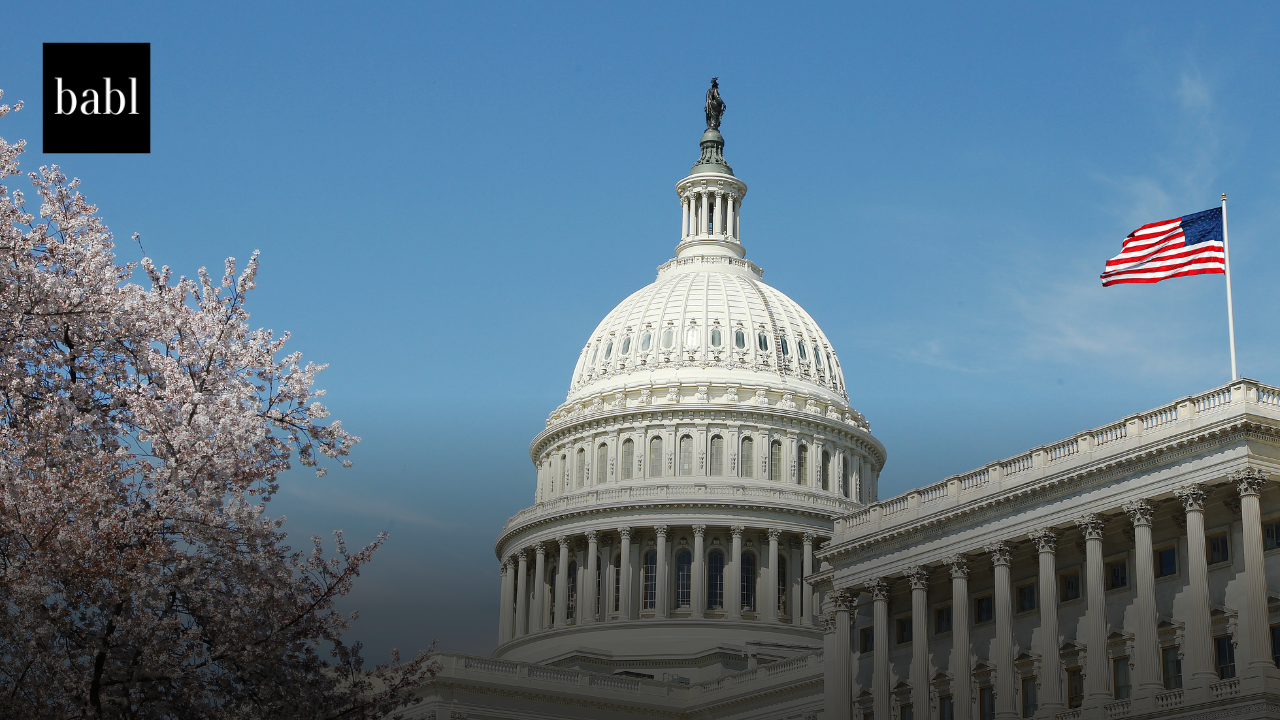The U.S. Department of Commerce in May formally rescinded the Biden-era AI Diffusion Rule just days before it was set to take effect, signaling a dramatic policy shift under the Trump administration. Originally issued in January, the rule would have imposed sweeping new compliance requirements on U.S. companies developing and exporting AI technologies.
The rule also sought to reclassify dozens of countries as second-tier partners for AI collaboration, a move critics said risked damaging diplomatic ties and stifling innovation. Under Secretary of Commerce for Industry and Security Jeffery Kessler said the administration will instead pursue “a bold, inclusive strategy” that promotes American AI leadership while tightening restrictions on adversarial nations.
“We reject the Biden Administration’s attempt to impose its own ill-conceived and counterproductive AI policies on the American people,” Kessler said in a statement.
The Commerce Department’s Bureau of Industry and Security (BIS) will publish a formal notice of the rescission in the Federal Register and plans to release a replacement rule at a later date.
Alongside the rollback, BIS announced new measures to enhance global export controls on semiconductors. These include guidance that any use of Huawei Ascend chips violates U.S. export law and warnings against the use of U.S.-developed chips to train Chinese AI models. BIS also advised American firms on how to prevent supply chain diversions.
The policy reversal has been welcomed by many in the tech industry, who warned that the original rule could have undermined U.S. competitiveness. The new approach seeks to balance innovation with national security, as Washington ramps up efforts to maintain global dominance in AI and semiconductor development.
Further regulatory updates are expected later this year as the Trump administration refines its broader AI export strategy.
Need Help?
If you have questions or concerns about AI diffusion or any global AI guidelines, regulations and laws, don’t hesitate to reach out to BABL AI. Their Audit Experts can offer valuable insight, and ensure you’re informed and compliant.





